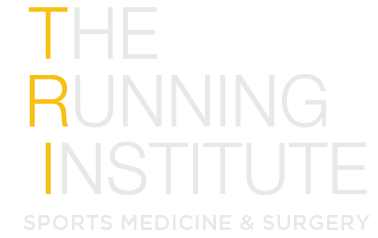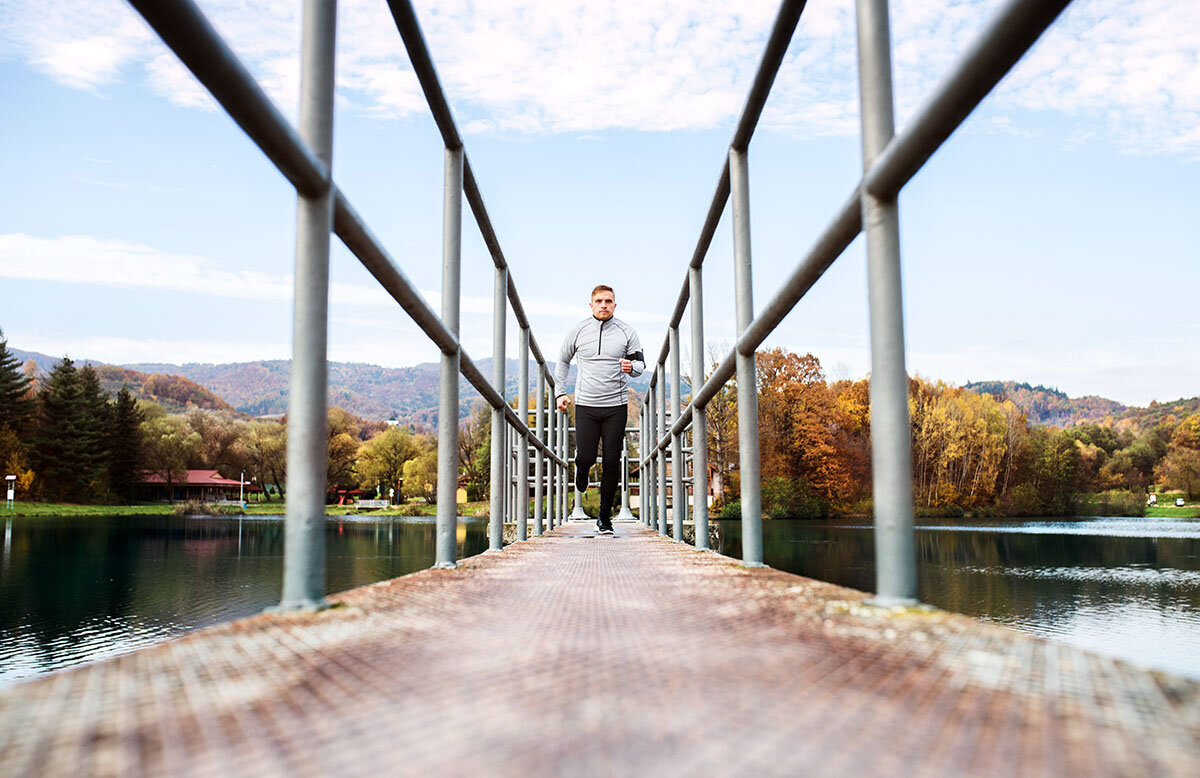A Sports Podiatrist’s Guide to Post-Marathon Recovery
Over 40,000 runners participate in The Chicago Marathon every year. As training for runners kicks into its last gear, participants especially beginner marathon runners might overlook a crucial part of their journey: a post-marathon recovery plan. Aside from the cold drinks and the celebratory dinner afterward, most people have no idea what to do after crossing the finish line. Having a postrace recovery plan minimizes the risk of running injuries and helps you on the road to faster recovery.
Immediately After the Marathon
The first few hours after the race are especially crucial for the recovery process. While it is tempting to drop to your knees as soon as you cross the finish line, keep walking. The key here is to gradually transition your body to normal mode after running the marathon. Walk at least 10 to 15 minutes so your heart rate and circulation drop to its normal rate. By walking, you help your body to cool down. You also avoid light-headedness and keep the lactic acid from cramping up your leg muscles.
Start replenishing lost electrolytes and calories. Properly hydrate -- water, sports drink, soup, protein shake – and eat a small snack within the first hour after the marathon. Your body is in a major calorie deficit so you need to get in nourishment before it starts breaking down. Nibble on easily digestible and substantial food such as fruits, sandwich, energy bars, bagels while sipping fluids for the rest of the day.
Make sure you are adequately hydrated by checking your urine color which should be pale yellow.
Within 2-4 hours, consider having an ice bath 65°F cold or lower, with 55°F as an optimal temperature. Soak your lower body for about 10-15 minutes. This helps reduce muscle inflammation and speeds up recovery. When you feel a stiffness in your legs, try to loosen them up by walking around or putting them up against a chair or wall. Elevating them for 10 to 20 minutes gently stretches the lower body muscles and refreshes them.
If possible, wait a day or two before having celebratory drinks. Your body had taken a tremendous pounding and the last thing it needs is alcohol which dehydrates.
Also if you have sustained any foot and ankle injury during the race it is advisable to seek medical help immediately. The Chicago Marathon has extensive medical support available throughout the race course, with 20 aid stations, and a medical tent at the final mile. Along with the Main Medical tent and Ice Station just beyond the finish line, there is a dedicated Podiatry Tent for runners needing specialized treatment.
Week 1:
Rest, proper nutrition, and active recovery
For the next 2 days, focus on getting sleep and rest as much as you can. Along with sleep is proper nutrition, two important things in your post-marathon recovery process.
Replace depleted muscle carbohydrates called glycogen by eating foods high in carbs: bread, cereal, pasta, whole fruits, energy bars, and starchy vegetables like potatoes and corn.
Protein-packed foods are also needed for muscle repair. Go for fish, meat and eggs, beans, soy products, protein shakes. Milk and yogurt, nuts and seeds, leafy greens, fruit juices, and sports drinks are also great for replacing lost electrolytes as well.
Give yourself a well-deserved rest after the race. Doing light, low-impact cross-training activities like walking, swimming, yoga, cycling will minimize muscle soreness while putting the body in active recovery. Have light massages to loosen up your muscles.
If you feel any persistent foot or ankle pain aside from muscle soreness, you need to see a podiatrist to rule out stress fracture, the most common foot injury for new runners, and any other sports injury you may have sustained during the race.
Week 2:
Short, casual runs
Maintain that healthy post-marathon diet.
If you feel well, you can do easy runs on short distances. Alternate run days with a rest day in between. Listen to your body. Do not run through the pain or you’ll risk injuring yourself and setting back your recovery much longer.
It’s also a good time to schedule deep tissue massages after short runs when your muscles are relaxed but not fatigued.
Week 3:
Longer runs
By now recovery is almost complete. Keep a steady intake of nutritious carbohydrate-protein diet. Ease into longer runs of 45 minutes to an hour. Increase your mileage and speed as you feel comfortable.
Week 4:
Return to regular training
Once you have slowly resumed your regular running routine, you can add some cross-training as well. To allow for full recovery, it is recommended not to take on any race for at least 6 weeks after your marathon.
Throughout the process, I want to emphasize the importance of listening to your body and not going against its natural tendency to heal and recover. When you try to run immediately after the race to see if you can “push the limits” so to speak, you are only endangering your health and prolonging your own recovery much longer.
Treat your recovery period just as important as your training when running a marathon. This will help you avoid running injuries, optimize the body’s healing process, and put you back on track quickly.





